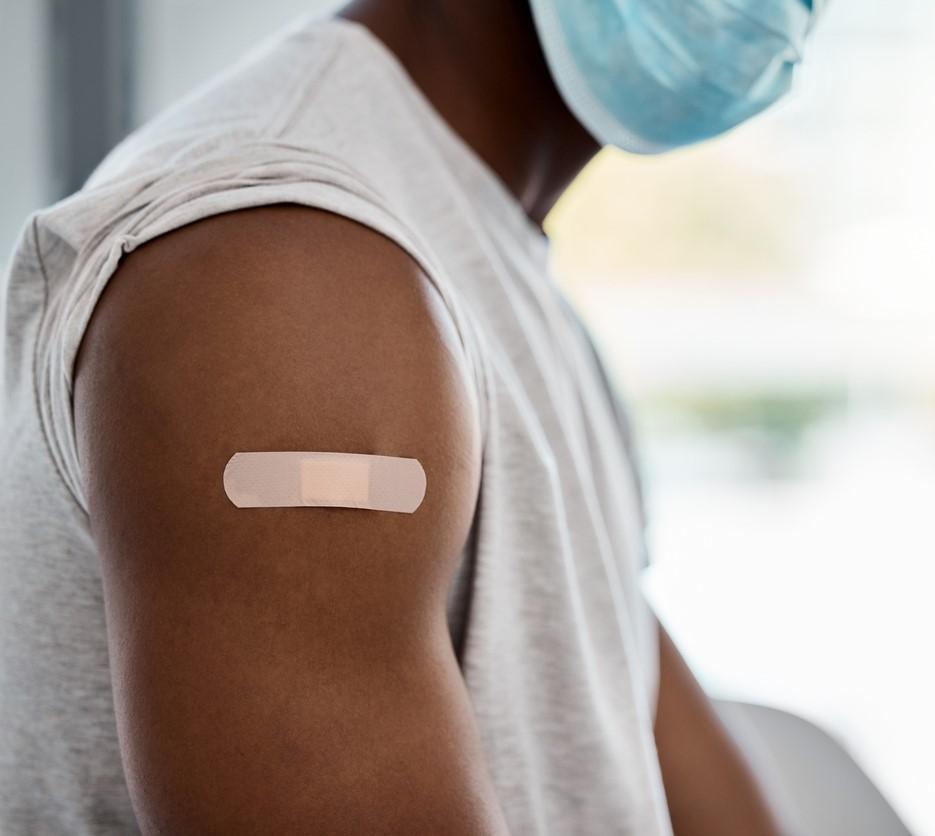As mpox cases in the United States continue to decline, federal officials yesterday allowed the mpox public health emergency to expire.
The US Department of Health and Human Services (HHS) first announced the mpox public health emergency on Aug 2, 2022, and renewed it on Nov 2. In December, HHS Secretary Xavier Becerra said that, because of fewer cases, the agency didn't expect to renew the declaration when it was slated to end on Jan 31. "But we won't take our foot off the gas—we will continue to monitor the case trends closely and encourage all at-risk individuals to get a free vaccine," he said.
Also, Becerra said the White House would continue working closely with jurisdictions and partners to monitor trends, especially in communities that were disproportionately affected.
More than 30,000 US cases
Cases in the United States—which leads the world—have declined steadily since the peak in mid August. By the first weeks of January, the nation was averaging just two new cases a day, Demetre Daskalakis, MD, MPH, deputy coordinator of the Centers for Disease Control and Prevention (CDC) mpox response, said on Twitter.
He added, however, that driving cases to zero and staying at zero means the vaccine mission isn't done.
The CDC said starting today it will move from weekly to biweekly mpox updates. The total as of Jan 25 stands at 30,093 cases, 26 of them fatal.
Multipronged approach
At a recent meeting with federal HIV communications officials, Daskalakis attributed the quick decline in cases with effective communications to risk groups, the mpox vaccine, and a swift response from the LGBTQI+ community.
Given CDC data from the fall showing that having HIV or other recent sexually transmitted infections (STIs) is common in people with mpox, he emphasized the importance of equitable access to mpox screening, prevention, and treatment, prioritizing those with HIV and STIs and offering HIV and STI screening for people evaluated for mpox.
Daskalakis also pointed out the need to encourage people who have received a vaccine dose to get their second shot (see related News Brief on new vaccine efficacy data).
In a related development, the New York City health officials today declared the end of the city's mpox outbreak, given that transmission has been low for 2 consecutive months. It credited a massive vaccination effort, extensive community outreach, and leadership from advocates. It said more than 100,000 people in the city have been vaccinated so far.





















